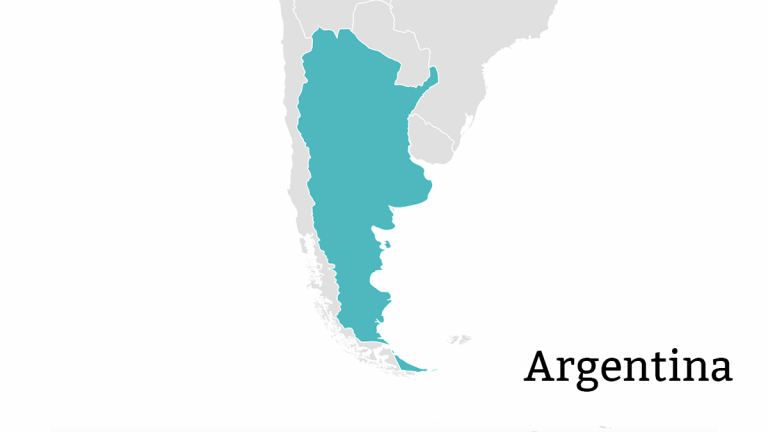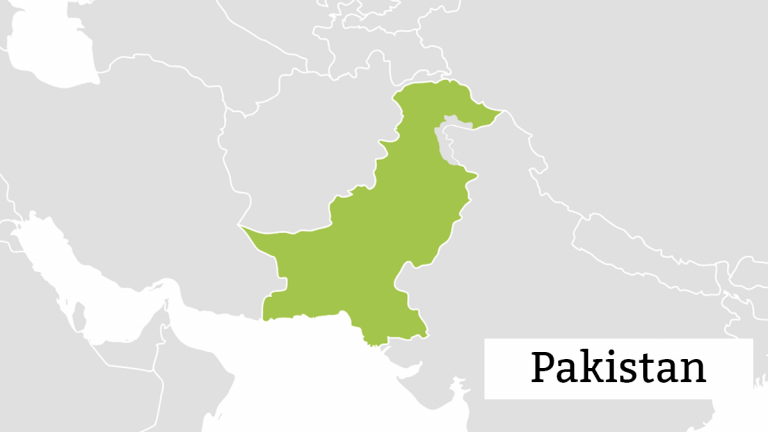
Pakistan’s Universal Service and Access Fund (USAF) helps deliver increased internet access for over 7,000 unserved and underserved areas by co-financing infrastructure development and creating a competitive market for services.
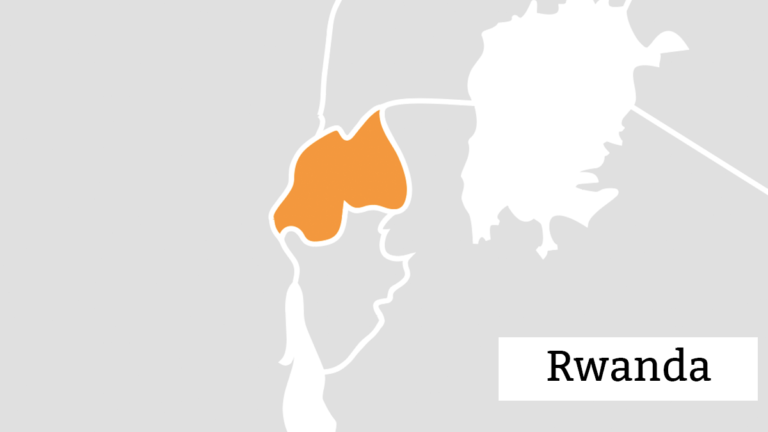
Rwanda’s Digital Ambassadors Programme, with 50% representation for women, addresses the challenges of digital literacy in an aim to unlock the transformative powers of technology for all.
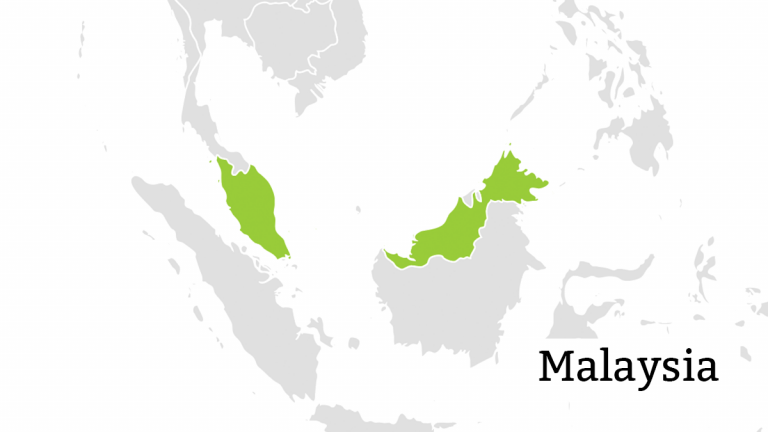
With effective national broadband plans and strategic use of its USAF, Malaysia has boosted internet penetration and affordability for its citizens.
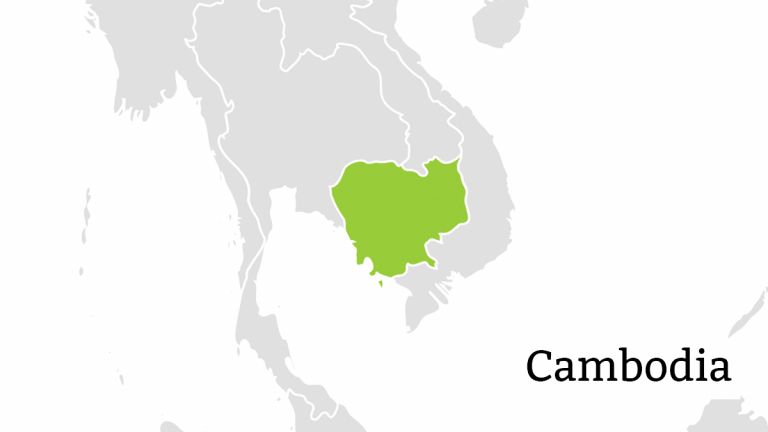
Cambodia, one of the poorest countries to reach the 1 for 2 standard, has seen mobile broadband affordability nearly double from 2015 through robust market competition and a welcoming regulatory environment.
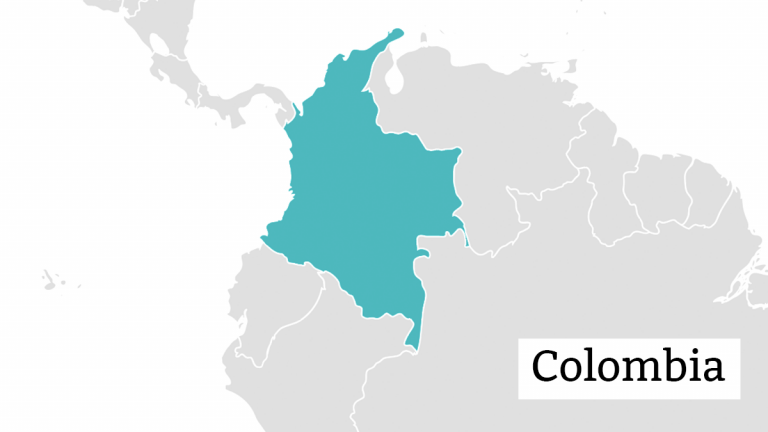
In 2017, the Colombian government removed the value-added tax (VAT) on low-cost handsets and laptops – making internet-capable devices more affordable for millions.
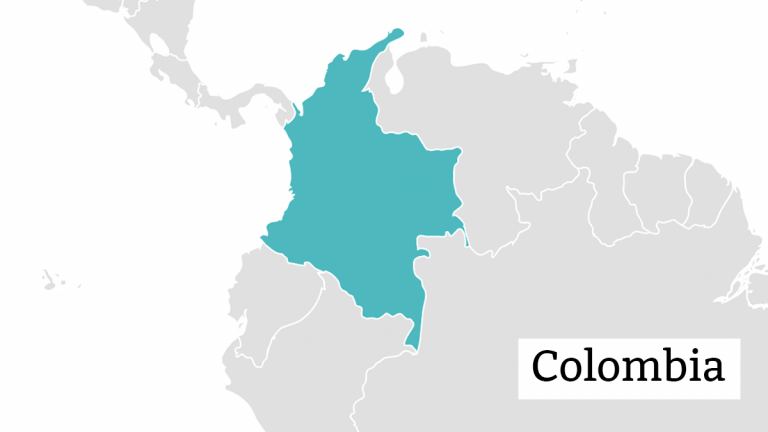
Through a series of strategic broadband policies, starting with Vive Digital in 2010, Colombia has had tremendous success in harnessing ICT for economic development.
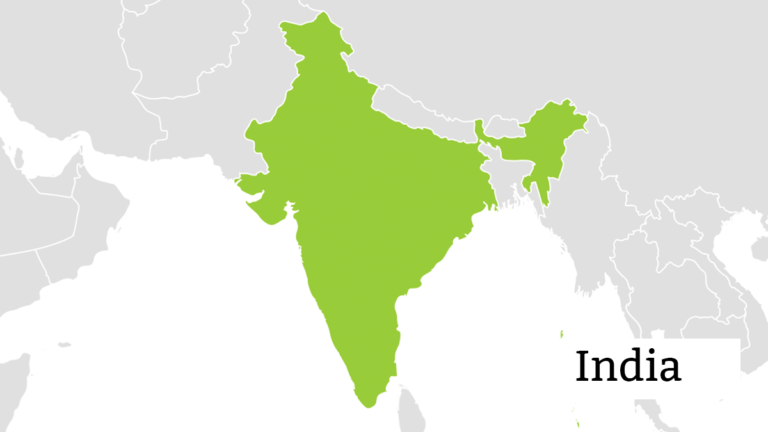
The USAF takes an inclusive approach to help deliver ICT access to women in rural communities and narrow the digital gender gap.

The Technology for Economic Development (Tech4ED) project – with over 2,200 public access centres since 2015 – helps provide ICT connectivity to thousands across the Philippines.
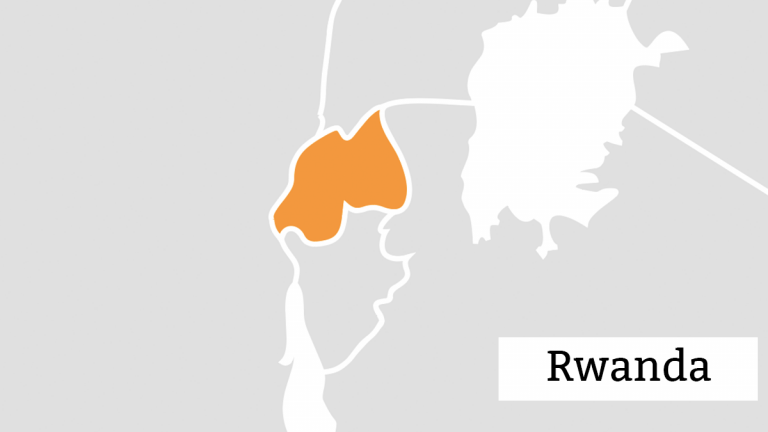
Rwanda narrowed its digital divide with the establishment of and successful intervention by its USAF.

A cross-sectoral partnership helps finance an undersea submarine cable in Vanuatu to completely transform internet access and affordability for its residents across a wide archipelago.
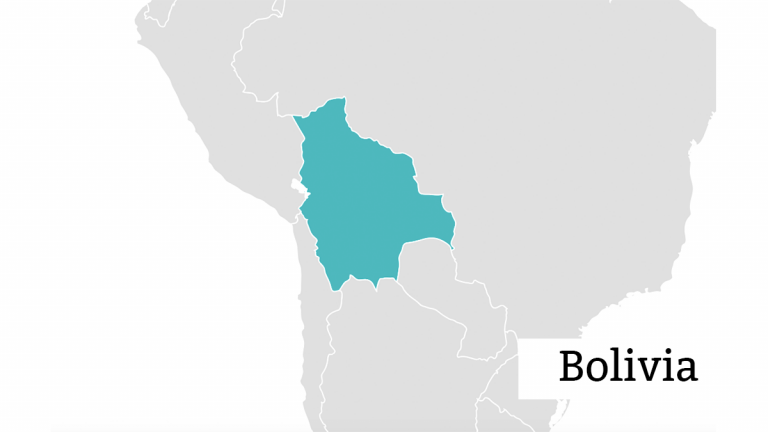
As a landlocked country, Bolivia has a number of challenges that require a robust policy response to improve its telecommunications sector. Mountainous terrain, a lack of access to the sea, relative economic isolation from the rest of the world, cataclysmic…




